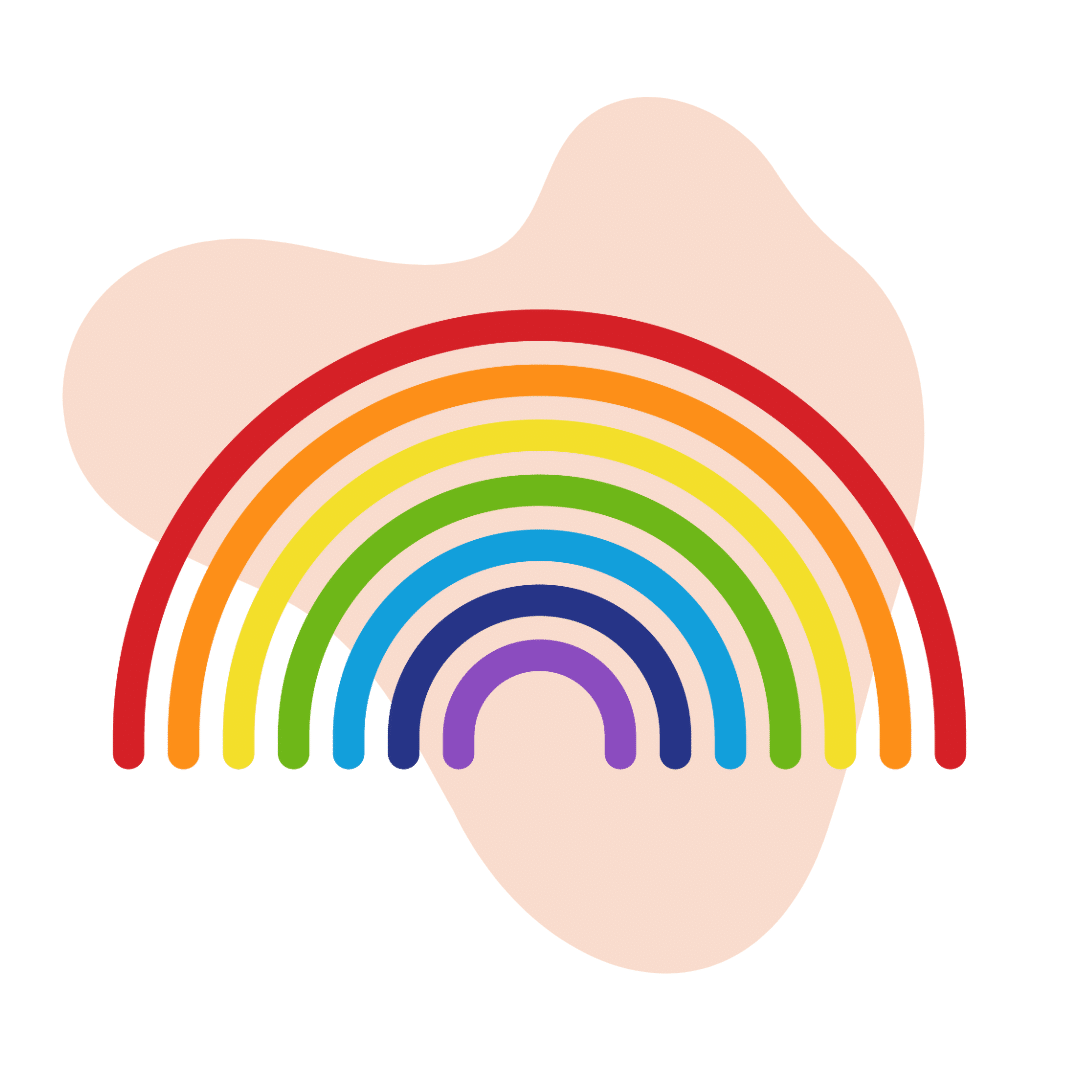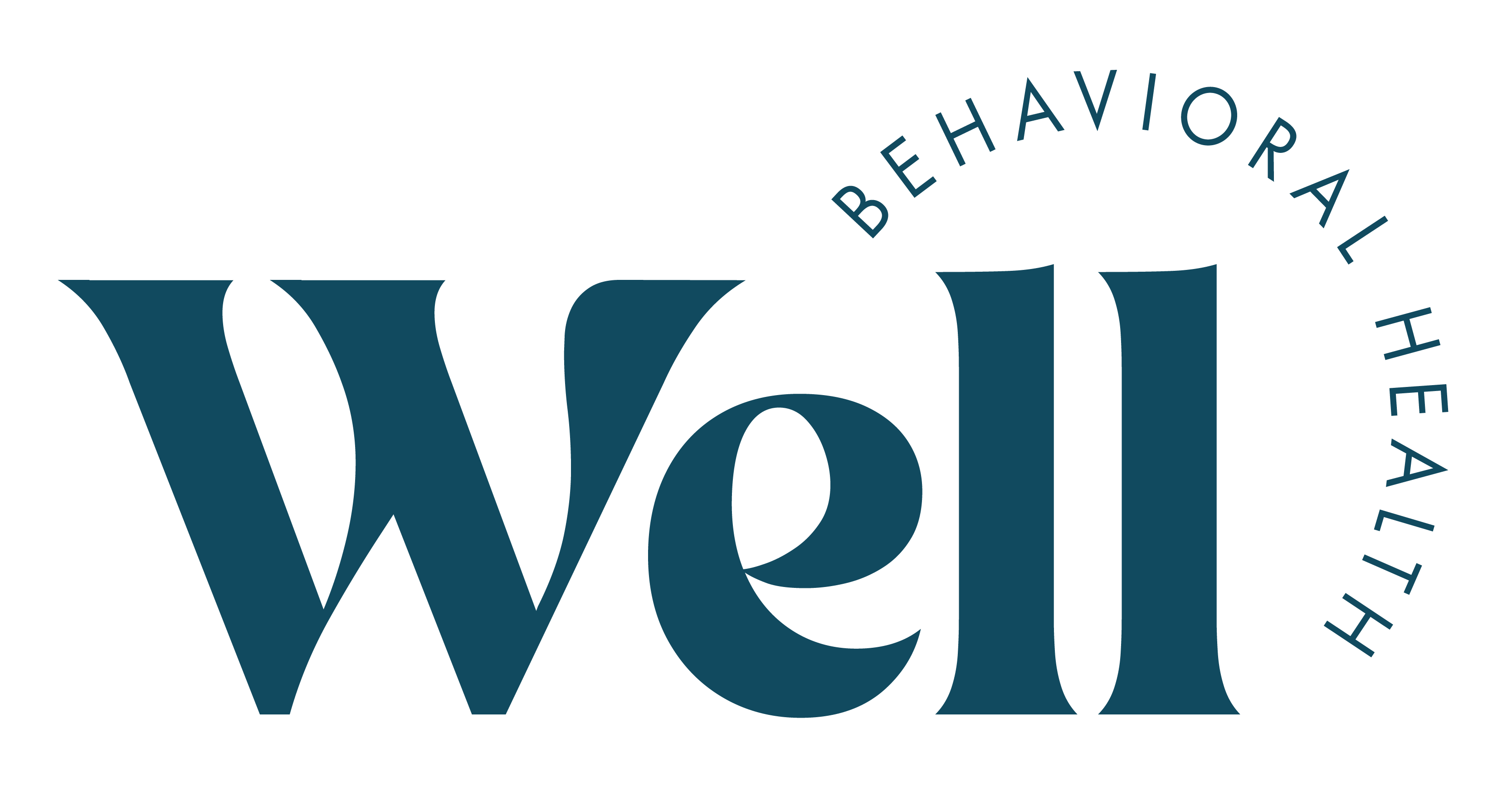Mental Health Resources for Pride Month 2025: Honoring the Legacy, Continuing the Work
Each June, Pride Month offers us a chance to celebrate the strength, creativity, and resilience of the LGBTQIA+ community. But Pride isn’t just a party; it’s a powerful reminder of how far we’ve come… and how much further we have to go.

Pride Began as a Protest
Pride traces its roots back to the Stonewall Uprising of 1969, when LGBTQIA+ people, led largely by Black and brown trans women like Marsha P. Johnson and Sylvia Rivera, stood up to systemic violence and discrimination. Their courage sparked a movement that would grow into a global call for justice, visibility, and equal rights.
A Legacy of Progress
In the decades since Stonewall, we’ve witnessed incredible strides in LGBTQIA+ rights and mental health advocacy:
- In 1973, the American Psychiatric Association declassified homosexuality as a mental disorder.
- Access to gender-affirming therapy and trauma-informed care has expanded.
- In 2015, same-sex marriage became legal across the U.S., affirming love and family rights.
- Research continues to affirm what LGBTQIA+ people have long known: affirmation, representation, and community save lives.
These victories matter. But they didn’t come easily—and they didn’t erase the unique challenges LGBTQIA+ individuals continue to face today.
Mental Health and LGBTQIA+ Communities
Even with growing visibility, many LGBTQIA+ individuals face higher rates of depression, anxiety, eating disorders, and trauma. Discrimination, social rejection, and barriers to care remain urgent concerns. That’s why inclusive, affirming, and trauma-informed mental health support is more important than ever.
- LGBTQIA+ adults are more than twice as likely as heterosexual identifying adults to experience a mental health condition. (Source: National Alliance on Mental Illness, 2023)
- Transgender individuals are nearly 4 times more likely than cisgender people to experience depression. (Source: American Psychiatric Association)
- 40% of LGBTQ youth seriously considered suicide in the past year. (Source: The Trevor Project, 2023)
- More than half of LGBTQIA+ individuals report experiencing discrimination from a health care provider. (Source: Center for American Progress, 2022)
- Rates of eating disorders are significantly higher among LGBTQIA+ people, especially those who are transgender or nonbinary. (Source: National Eating Disorders Association)
- 1 in 3 LGBTQIA+ people report avoiding needed medical care due to fear of discrimination. (Source: KFF, 2023)
At Well Behavioral Health, We Commit to Care That Honors Who You Are
This Pride, we recommit to creating spaces that celebrate, support, and uplift every person’s identity and experience. Our commitment includes:
- Inclusive, affirming therapy for individuals of all gender identities and sexual orientations
- Our FREE Adult Virtual Support Group for Eating Disorders, open to anyone 18+ who is seeking connection and community in recovery
- Holistic care that centers the whole person, not just a diagnosis
Mental Health Resources for LGBTQIA+ Individuals
If you or someone you love is looking for support, here are a few affirming resources:
- The Trevor Project: Crisis support and resources for LGBTQIA+ youth
- Trans Lifeline: Peer support and advocacy for trans individuals
- National Queer and Trans Therapists of Color Network (NQTTCN): Mental health resources by and for queer and trans people of color
- LBGT Hotline: Trained volunteers are available to support members of the LGBTQ+ community and provide a safe and affirming space to talk during operational hours.
- 988 – Crisis Hotline*: available 24/7 by call, text, or chat and serves users of all ages across the United States. The lifeline is a free and confidential resource funded by SAMHSA that provides mental health support, suicide intervention, and resources for prevention.
- RAINN Hotline*: available 24/7 by phone or online chat and serves users of all ages across the United States. The hotline provides free and confidential resources to persons affected by abuse, sexual assault, rape, or incest.
- Longer list of hotlines and resources specific to identity and age compiled by HRC
*Not LGBTQ+ specific but LGBTQ+ inclusive
This Pride and Beyond
You are worthy of celebration, not just for surviving, but for being exactly who you are. You are part of a courageous legacy. And you deserve care that reflects your worth.
In Pride and Solidarity,
The Well Behavioral Health Team
Resources:
Declassification of Homosexuality as a Mental Disorder (1973)
- Source: American Psychiatric Association (APA).
- APA removed homosexuality from the DSM-II in 1973.
Legalization of Same-Sex Marriage in the U.S. (2015)
- Source: Obergefell v. Hodges, Supreme Court of the United States.
Mental Health Disparities in LGBTQIA+ Populations
- Source: National Alliance on Mental Illness (NAMI)
- LGBTQIA+ individuals are at higher risk for depression, anxiety, suicidal ideation, and trauma due to discrimination and lack of affirming care.
- https://www.nami.org/Your-Journey/Identity-and-Cultural-Dimensions/LGBTQI
Importance of Affirming Care
- Source: The Trevor Project’s annual reports and research on LGBTQIA+ youth mental health.
- Affirming environments significantly lower risk of suicide and mental health crises.
- https://www.thetrevorproject.org/survey-2024/






